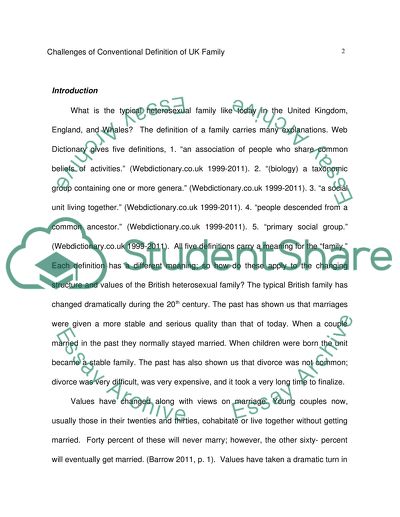Cite this document
(“Challenges of Conventional Definition of UK Family Essay”, n.d.)
Retrieved from https://studentshare.org/literature/1428833-challenges-of-conventional-definition-of-uk-family
Retrieved from https://studentshare.org/literature/1428833-challenges-of-conventional-definition-of-uk-family
(Challenges of Conventional Definition of UK Family Essay)
https://studentshare.org/literature/1428833-challenges-of-conventional-definition-of-uk-family.
https://studentshare.org/literature/1428833-challenges-of-conventional-definition-of-uk-family.
“Challenges of Conventional Definition of UK Family Essay”, n.d. https://studentshare.org/literature/1428833-challenges-of-conventional-definition-of-uk-family.


